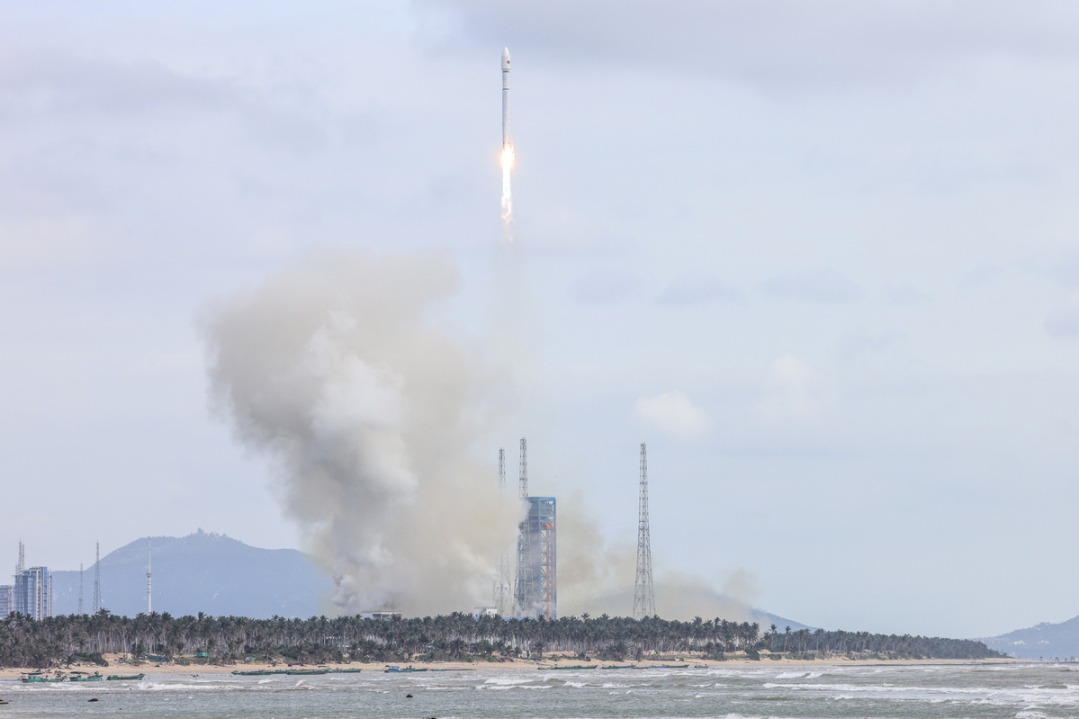Energy drink overdose sends delivery worker to hospital

A critical care physician has warned about the dangers of excessive energy drink consumption after a man suffered seizures and lost consciousness following the intake of multiple bottles.
Recently, a 36-year-old food delivery worker in Shenzhen, Guangdong province, surnamed Hu, was found collapsed by his family after drinking six bottles of energy drinks the previous day to stay alert during the evening rush.
Hu later experienced a racing heartbeat, fever, and sweating, followed by recurring seizures, with the last episode lasting up to 30 minutes without relief. His head and hands shook uncontrollably, and he did not respond to his family's calls. He was subsequently rushed to the intensive care unit at the Third People's Hospital of Shenzhen.
Blood and urine test results showed that Hu was suffering from caffeine intoxication. Toxicology tests on his blood samples, which were taken 40 hours after he consumed the drinks, still detected caffeine. The concentration of caffeine in his urine was even higher than in his blood, indicating that a significant amount of caffeine remained in his body despite hospital measures to promote excretion, such as hydration and diuretics.
The hospital estimated that Hu had ingested about 300 to 350 milligrams of caffeine in a short time, far exceeding the European Food Safety Authority's recommendation that a single caffeine dose for healthy adults should not exceed 200 milligrams, with a total daily intake below 400 milligrams.
Caffeine poisoning can cause symptoms ranging from palpitations and heart flutters to severe ones such as convulsions and impaired consciousness. In cases of severe complications, it can be fatal, said Huang Jia, chief physician of the hospital's intensive care unit.
After targeted treatment, Hu recovered and was discharged.
The stimulating effects of energy beverages mainly come from caffeine, and most labels clearly recommend consuming no more than two bottles per day. Excessive caffeine intake can overstimulate the central nervous system, which not only fails to improve work efficiency but can also lead to palpitations, anxiety, and, in severe cases, toxic encephalopathy, doctors warned.
- Energy drink overdose sends delivery worker to hospital
- GBA and Hainan deepening cooperation to boost innovation and sustainable growth
- Beijing mulls including the costs of embryo freezing and preservation in medical insurance
- Rocket developed by private Chinese firm fails, loses three satellites
- Cross-talk performance at Great Wall in Tianjin attracts over 1,500 spectators
- China sees rise in influenza, rhinovirus, and other respiratory infectious diseases





































